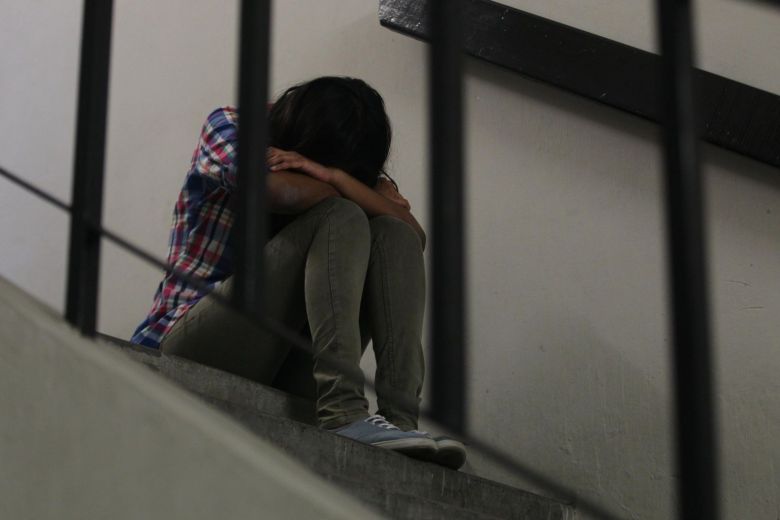
After losing his engineering job and unable to secure another job, a Singaporean man in his late 20s eventually became a social recluse.
For at least three years, he holed himself up at home, gaming. He refused to go out even for haircuts, which he took care of on his own.
The man relied on his wife, who did clerical work, for financial support.
"It was almost like the house was a safety blanket," said Mr Praveen Nair, a psychologist at Raven Counselling and Consultancy, who saw the man for counselling conducted over Skype. This stopped last year.
The situation led to tensions with his wife, and she ended up divorcing him last year.
The man is a case of a hikikomori - someone who withdraws from all social contact and may not leave the house for years.
Coined by Japanese psychologist Tamaki Saitoō in the late 1990s, the term hikikomori refers to those who experience physical isolation, social avoidance and psychological distress for six months or longer, according to the BBC.
International researchers see hikikomori as a distinct psychiatric disorder that is shaped by social and cultural factors such as societal expectations of what success should look like.
For instance, someone may become a social recluse if he or she feels like a failure for not being able to do well in school or land a good job.
There are often underlying psychological tendencies, such as low self-esteem and perceived social rejection, said Singaporean researcher Liew Kong Meng from the Graduate School of Human and Environmental Studies at Kyoto University.
People who are not in education, employment or training, or Neets, who have been out of employment or training for more than six months may be at risk of becoming a hikikomori, said Mr Nair, who has encountered 10 to 20 of such hikikomori cases here over the past decade.
In a study of 127 Singaporean undergraduates conducted in 2017, Mr Liew found two in five of them were at high risk of becoming socially withdrawn.
This means that they share common psychological traits with Neets and hikikomori.
Mr Ray Chua, a senior psychologist at National University Hospital's department of psychological medicine, said that whether Neets convert into hikikomori depends on whether they have risk factors such as mental illness or poor social competence.
He said that he has seen six cases of such socially reclusive behaviour in recent years.
The clients he saw were all male adolescents, though all except one are not completely home-bound, and will still leave the house occasionally, he said.
"Prolonged social isolation creates a lot of stress for the caregivers, who worry about how the hikikomori individual is going to care for himself or herself when caregivers are no longer able to support him or her," he added.
This article was first published in The Straits Times. Permission required for reproduction.
https://www.asiaone.com/singapore/singaporeans-hikikomori-behaviour-after-retrenchment-ends-divorce
